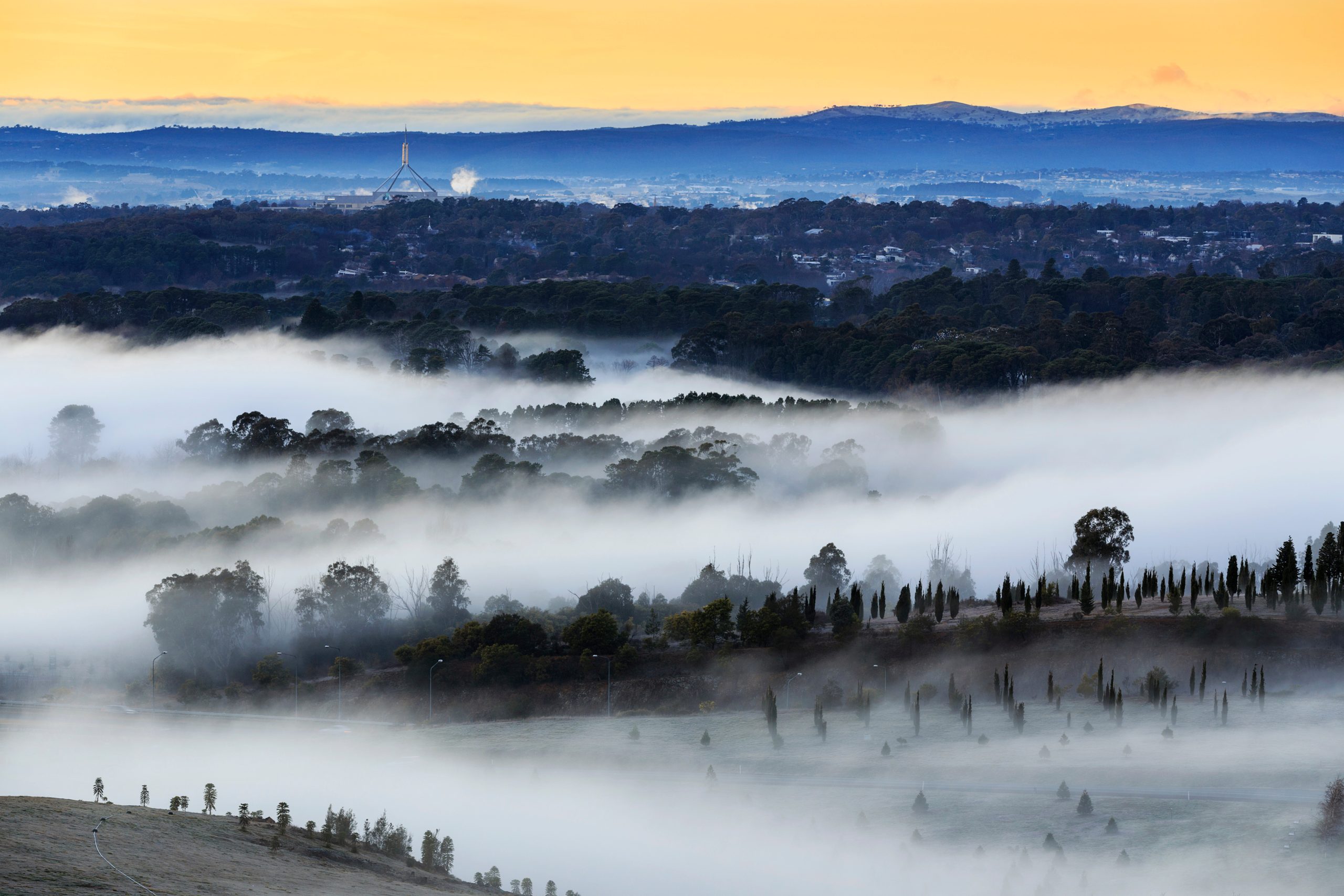The Inside Word

The winter of voters’ discontent
Winter is traditionally a time to hibernate and take things a little slower. The sun is up later, as we are, and sets earlier. In politics, the winter break is normally a time to slow the pace, with politicians to be in their electorates and at home if not on an overseas delegation. But this winter will be anything but quiet for some. For Anthony Albanese’s new look ministry, it’s an opportunity to clean house away from the grind of question time and the follow up media scrutiny.
This is especially true for the difficult portfolios issues of immigration, housing and cost of living. Typically every election is characterised by three big issues but this election may be a little different. It’s complicated, as the romcoms like to say.
The federal election – most likely early next year – will be a delicate mix of immigration related matters tied to complicated housing matters tied to intransigent cost of living pressures, which in turn are giving rise to electorate-specific issues. This is not normally a feature on the national stage.
Australia’s political landscape has for the best part of our history been a fairly two-sided affair, with the major parties with others being also rans. But we are now seeing something else evolving which is much more intriguing. The teals are yet to demonstrate longevity but certainly seem to be well placed to retain their seats. One Nation also is well placed to maintain its shareholding of voters and parliamentary positions, the Greens are growing more entrenched and a bigger threat to Labor marginals in city centres, the Jackie Lambie Network continues its positioning, and now we see for the first time the potential for a Muslim Voice to campaign on very specific issues and run candidates in Labor seats. These minor parties and independents are yet to show their hands and no one should be simplistic enough to believe that this is a linear equation of issues equalling votes. As I said earlier it’s complicated.
What is not complicated is the polling, and everyone claimed not to look at polls except for the poll on election day, plenty of attention will given to the vox pop. The difficulty for government, in this case Labor, are the issues where it has little or no control but has the biggest impact on electors. Here are just a few examples. Energy policy and rising energy costs has been a thing for more than a decade, unfortunately for Labor it’s an issue they have inherited only being in office for the past two years. The opposition offers nuclear as a solution that would be at least 15 years away if everyone agreed to move forward now. Housing and rental costs are a global problem and blindsided everyone post Covid. So how to lower the cost of housing without reducing the value of Australian households number one asset, their home? The cost of everything and short supply has been replaced with the cost of everything and plenty of supply, and yet nothing is cheaper. There are plenty of jobs yet everyone is stretched on mortgages and other expenses like insurance, fuel, energy, and food. This is such an issue that our daily bread requires a national inquiry.
So in the “normal” shakedown of election issues this one is going to be a cracker. Tensions from the left, the right and the centre with no quick fix on any. The budget has come and gone with any electoral benefit disappearing faster than a pay rise. The good word in the psephology club is at best that Labor will hold in a minority government but given the conflation of possible seat-by-seat outcomes, anything is possible. Governments are being asked to do more with less, and now with the added complication of more voices pulling from every direction. Nothing can beat the American system for spectacular elections and candidates but ours is trying hard to be the little brother.


